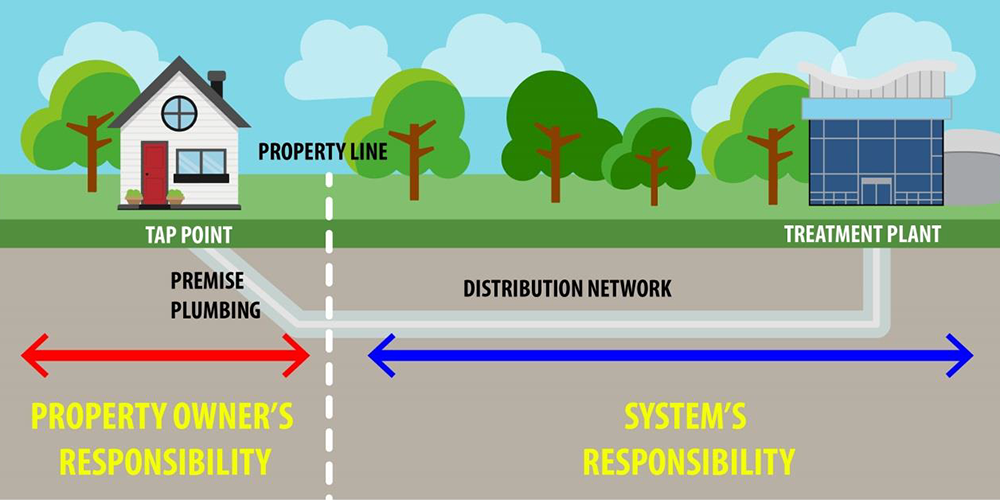Luskin Center for Innovation researchers draft policy briefs to address on-property plumbing issues
Supporting Los Angeles residents’ trust in tap water quality
January 30, 2024
By Mara Elana Burstein
If most public water systems in Los Angeles provide sufficient, safe, and relatively affordable water, then why does the city have one of the highest rates of tap water distrust in the nation?
One big reason is undetected issues with “premise plumbing;” the pipes that move water from a distribution network to the tap in a home, school, or business. These problems can result in exceeding health standards or affecting the water’s look, taste, and smell – all of which can cause tap water distrust.
To address this, Luskin Center for Innovation researchers developed 22 specific recommendations to reduce premise plumbing issues, including relevant background information, laws and codes, and best practices. The recommendations, presented within five policy briefs, guide 1) the county, 2) the state, 3) landlords, 4) community water systems, and 5) advocacy organizations on how to improve local trust in tap water.
If people distrust their tap, then they buy more bottled water or sugary drinks to quench their thirst. This can be costly, unhealthy, damaging to the environment, and especially harmful to those with limited incomes. Every human being has the right to safe, clean drinking water from their taps.
“There are common misunderstandings about who is responsible for tap water quality,” said Itzel Vasquez-Rodriguez, Luskin Center for Innovation research fellow for environmental justice. “Our briefs empower those responsible to take action and build trust in the tap.”
This research was made possible by the County of Los Angeles Chief Sustainability Office to support its goal to achieve “[r]esilient and healthy community environments where residents thrive in place.”
To learn more about tap water quality and distrust, visit our drinking water quality initiative webpage.








